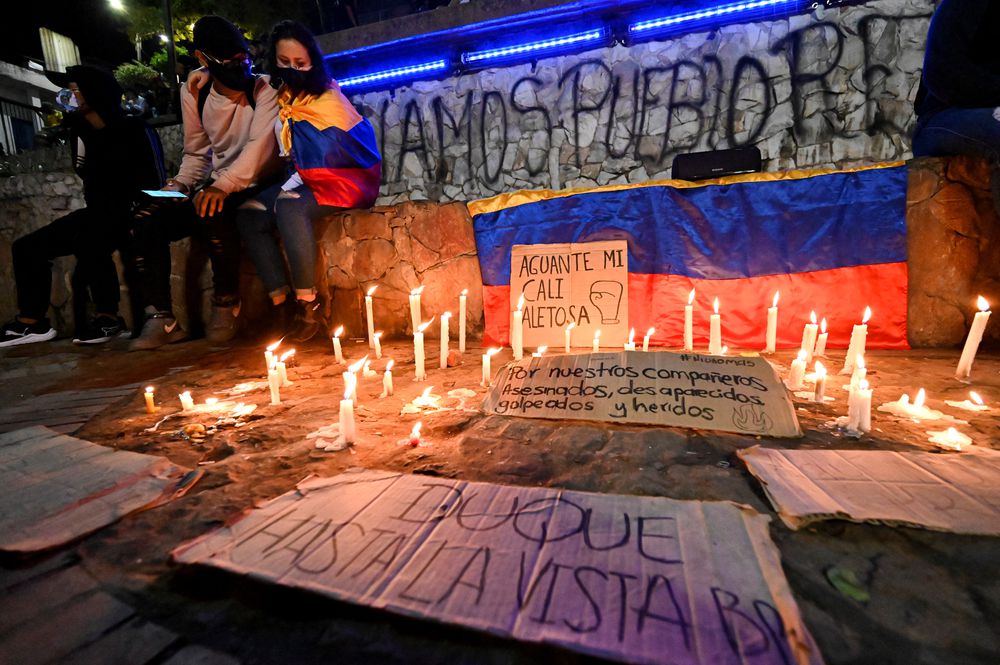17 dead 800 injured in Colombia tax riots

At least 17 people died and more than 800 were injured in the riots that followed five days of massive protests in Colombia against a tax reform project promoted by the government of Iván Duque, authorities reported Monday.
According to the Ombudsman, 16 civilians and a policeman were killed in the demonstrations that began on April 28 throughout the country. The Defense Ministry in turn counted 846 injured people, of which 306 are civilians.
The authorities arrested 431 people during the excesses and the government ordered the deployment of the military to the most affected cities. Some NGOs accuse the police of shooting civilians.
Defense Minister Diego Molano assured that the acts of violence are “premeditated, organized and financed by dissident FARC groups” that departed from the peace agreement signed in 2016, and by the ELN, the last guerrilla movement in Colombia.
Pressured by the demonstrations President Duque on Sunday ordered the withdrawal of the proposal that was debated with skepticism in Congress, where a broad sector rejected it for punishing the middle class and being inappropriate in the midst of the crisis unleashed by the pandemic.
Despite the announcement, on Monday morning there were already people on the streets and roadblocks in Bogotá.
On April 15, the government presented a tax reform to Congress as a measure to finance public spending in Latin America’s fourth-largest economy.
But criticism rained down from the political opposition and its allies, and discontent soon spilled out onto the streets.
With the reform, the government aspired to raise about $6.3 billion dollars between 2022 and 2031, to rescue the economy.
In its worst performance in half a century, the country’s Gross Domestic Product (GDP) plunged 6.8% in 2020 and unemployment climbed to 16.8% in March. Almost half of the 50 million inhabitants are in informality and poverty affects 42.5% of the population.
Duque proposed on Sunday to draft a new reform project that discards the main points of contention: the increase in the VAT tax for services and goods and the expansion of the taxpayer base with income tax.





